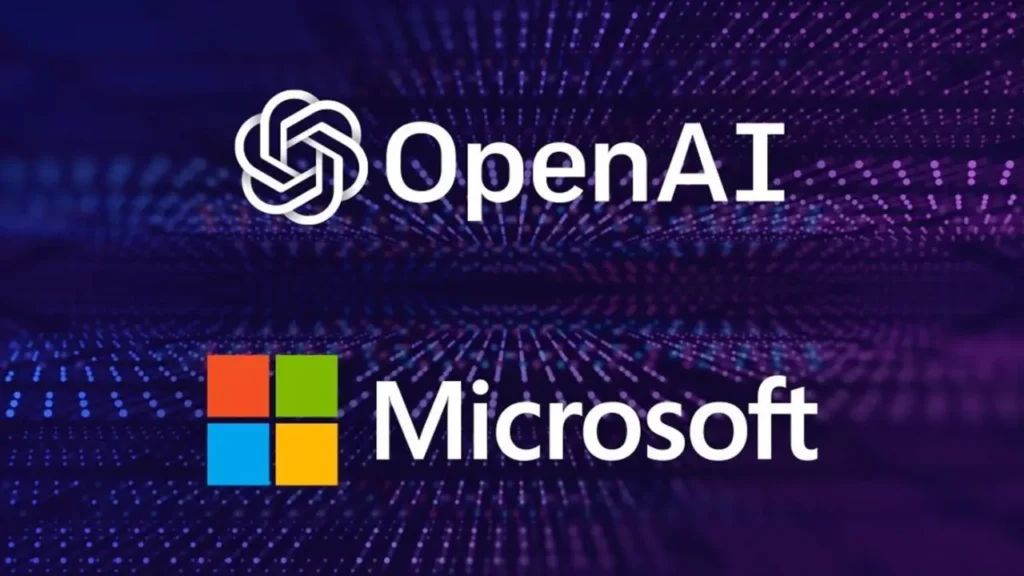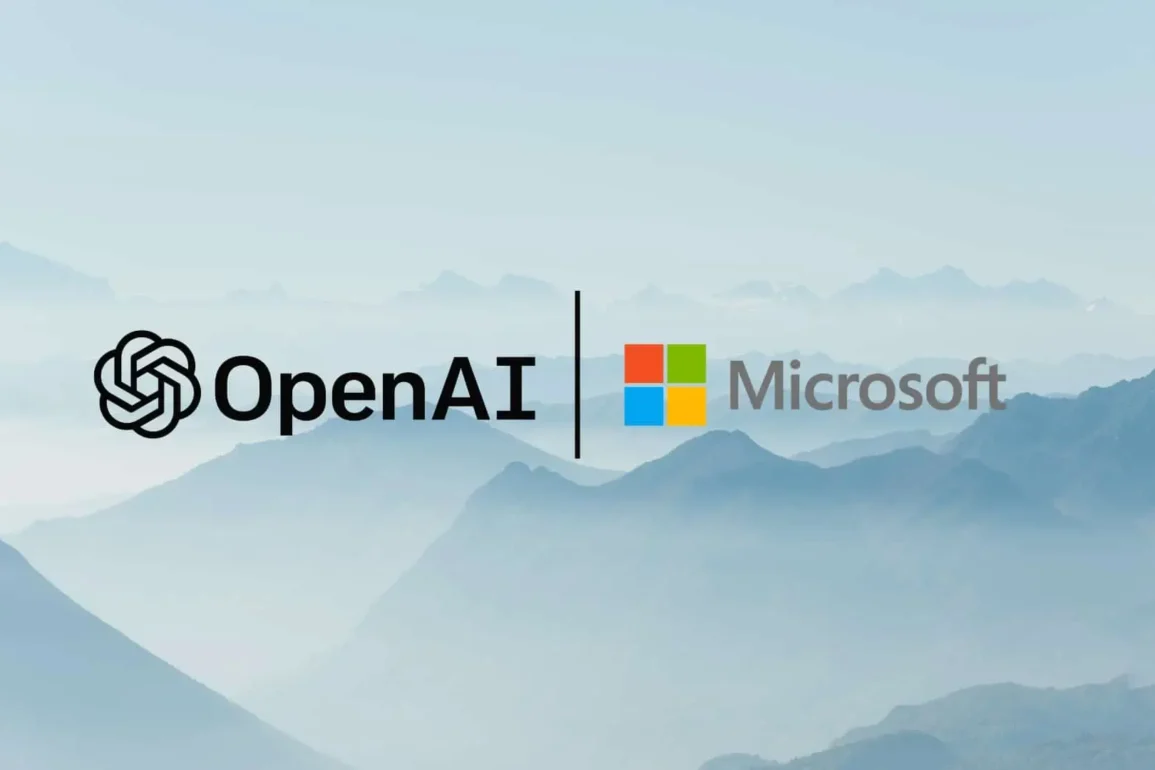
In the ever-evolving landscape of artificial intelligence (AI), innovation and competition are the driving forces that propel the industry forward. The latest development making waves is the reported collaboration between Microsoft and OpenAI to create their own AI chips, putting them in direct competition with industry heavyweight NVIDIA and its coveted H100 AI GPU.
The AI Industry’s Shift Towards Homegrown Solutions
For some time, NVIDIA has reigned supreme in the AI sector, with its H100 AI GPU standing as the industry standard. However, the surge in demand for NVIDIA’s technology has led to significant challenges. Issues such as order backlogs, soaring costs, and preferential access for select companies have disrupted the playing field, compelling others to seek alternative solutions.
Microsoft’s Foray into the AI Chip Arena
Microsoft, a prominent player in the AI realm, is swiftly advancing its generative AI capabilities to integrate them into mainstream applications. The company has identified the current state of the AI chip industry as an obstacle to its objectives. To address this, Microsoft is developing its own AI chip, codenamed “Athena”.
While specific details about Athena remain scarce, Microsoft is gearing up to unveil it at the upcoming Ignite conference in November 2023. The goal is to position Athena as a direct competitor to NVIDIA’s H100 AI GPUs. However, this endeavor is no small feat.
The Challenges Ahead
While Microsoft aims to match the computing power of Athena to that of NVIDIA’s offerings, the development of software resources poses a significant challenge. NVIDIA’s well-established CUDA platform and its renowned software technologies have given it a considerable edge in the AI market.
Nevertheless, Microsoft’s primary focus with Athena is to meet the needs of its divisions and partners, including Microsoft Azure and OpenAI. With ample resources and a commitment to excellence, Microsoft is well-positioned to refine its AI chip over time.
OpenAI’s Role in the Shift
OpenAI, which has relied on NVIDIA’s AI and Tensor Core GPU hardware, is now at the forefront of this transformation. The organization had previously utilized GPUs like the A100 and H100 to power its ChatGPT software. With the emergence of Microsoft’s Athena and the potential shift in the AI landscape, OpenAI’s future endeavors in the field could take a new direction.
In conclusion, the AI industry is characterized by constant evolution and innovation. Today’s announcement of Microsoft and OpenAI’s venture into AI chip development signifies a challenge to NVIDIA’s dominance. However, the outcome will depend on Microsoft’s ability to not only match the computing power of its competitors but also develop the software resources necessary to drive its AI chip to success.
As competition continues to reshape the AI landscape, it is clear that the future of AI technology will be driven by a balance of power and innovation, with the potential for new players to disrupt established norms. With Microsoft’s track record of AI advancements, the industry’s future promises to be both exciting and transformative.

